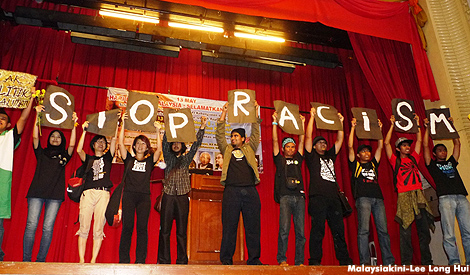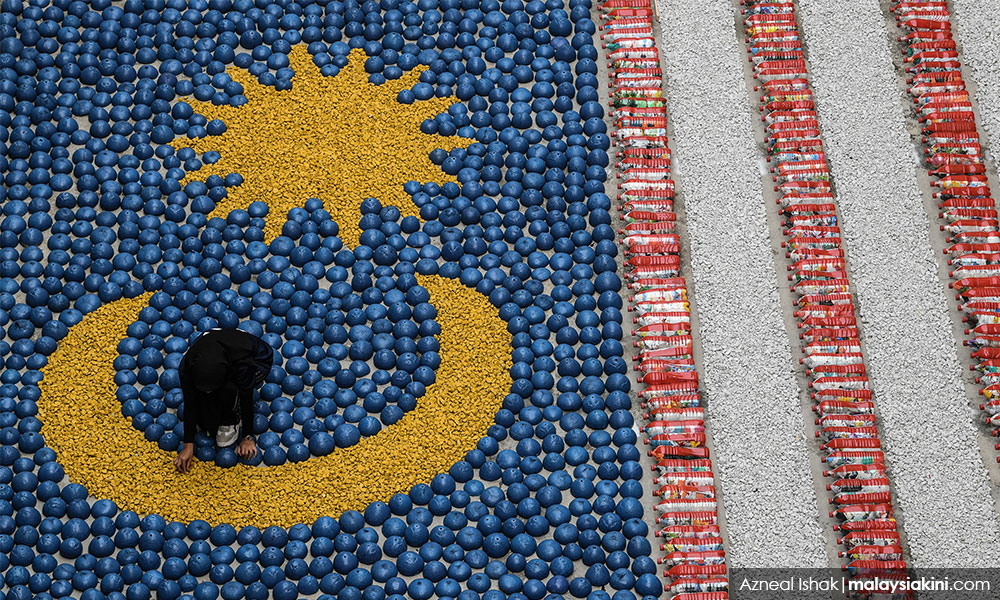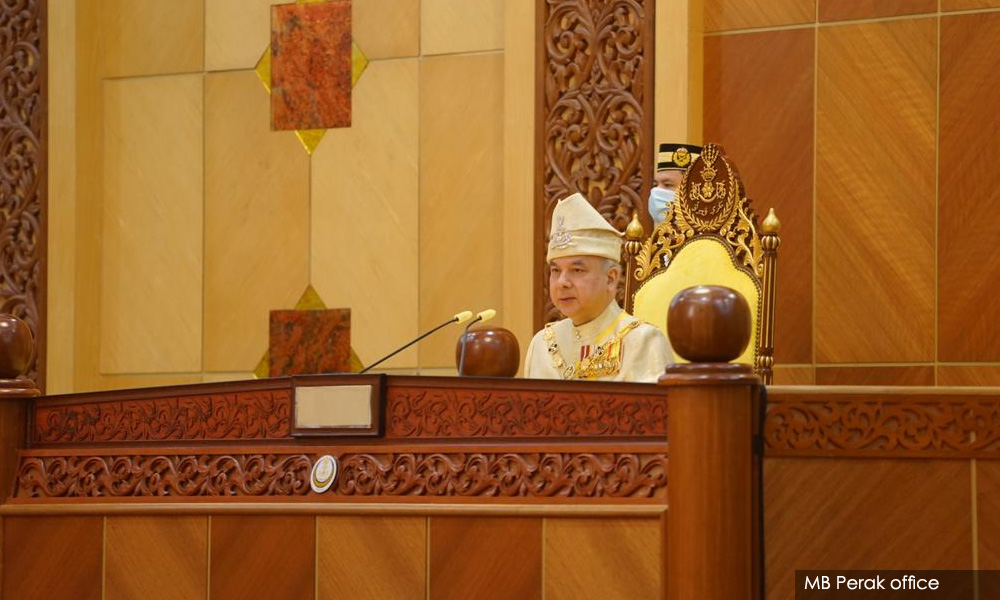
Last week saw the brutal murder of George Floyd, an African-American man who pleaded in excruciating pain as police officer Derek Chauvin knelt on George’s neck until death.
With such barbaric cruelty caught on film for the world to see, many have joined the growing call for justice and the end to racism.
One such call which caught my attention was from one of my favourite Islamic scholars, Mufti Menk, who posted on his popular social media accounts: “Put an end to racism & violence. Stop labelling people. We're all part of the Almighty's creation. How difficult is it to be kind and to promote peace? It costs nothing. Let’s make a concerted effort to spread this message far and wide. Start by being a living example of it!”
As much as Malaysians adore taking pride when foreign YouTubers produce videos depicting our current state of affairs with rose-tinted glasses, the hard truth is our own nation is still far from being all rainbows and sunshine.
The reality is that in the past few weeks, there has been a concerningly high level of racist sentiment.
This article is my effort to spread Mufti Menk’s message far and wide, highlighting the institutional racism in Malaysia that continues to plague our country.
Origins of Malaysian racism
The explicit racism that continues to limit Malaysia’s development today can be traced back to the race-based politics that was first set in stone during the British administration.
The imperialist British utilised race-based policies purely for their benefit as it suppressed nationalistic feelings. Suppressing nationalist movements helped the British strengthen their control and authority over our lands, which in turn enriched their coffers by continuously exploiting our wealth of resources.
The strategy to subdue Malaysian nationalism was seen from the outset through the creation of separate schooling systems. Systematic segregation ingrains a sense of ‘us’ versus ‘them’, labels which only work to incite enmity.
Britain’s modus operandi of divide and rule was also used to detrimental effects in other colonies such as Kenya and India. To this day those nations also continue to be fragmented by divisions socially constructed by the British.
Despite these difficulties, Tunku Abdul Rahman led us to independence in 1957 and initiated the project for the Malaysian nation.

Our country’s founders established a national language (Bahasa Malaysia) and symbolised Malaysian patriotism through Negaraku and the Jalur Gemilang.
While these pillars united the Malaysian population during our country’s early developmental stages, somehow in more recent times our society has become more and more divided.
This comes as no surprise when reading the highly racist rhetoric used by the members of the current government. Amidst the recent spate of xenophobic attacks against the Rohingyas, Bersatu’s Rais Yatim brazenly commented “they’ll maul us when they grow in numbers."
These vulgar insinuations and prejudices are responsible for sparking racial tensions, and only result in the government’s relationship with the rakyat becoming more distant.
Needs-based as opposed to race-based
Desperate times call for desperate measures. The 1971 New Economic Policy was introduced as a ‘temporary’ measure to reengineer the economic inequities that plagued our nation. However, the result was just further disparity in incomes and wealth due to corrupt governance.
The widening of the income gap was highlighted by The Economist which noted that pro-Bumiputra policies fail to maximise their effectiveness because resources are distributed to cronies in urban areas rather than those who need it most in rural regions.
Unfortunately, race-based policies also led to the standards of our public tertiary education institutions never fulfilling their true potential. As race takes precedence over academic credentials, the aftermath is the brain drain of our brightest minds.
This sense of segregation has also impacted Malaysian student communities abroad. To my frustration, a handful of university student unions continue to house numerous distinct Malaysian student societies. At my alma mater, these are the Malay Cultural Society and the Malaysian and Singaporean Student Association.
One can only dream of the immense progress that societies and institutions could make if they looked past race.
Despite the current backdoor PN government continuing to practice racial segmentation instituted by the British, Pakatan Harapan with the support of the people’s mandate demonstrated that democratic needs-based policies can bear fruit.
By looking past race, the Peka B40 program was implemented as a healthcare protection scheme for the most financially constrained. This program focused on preventive, predictive, screening, and treatment measures. The success of the program resulted in over 200,000 Malaysian citizens undergoing health screenings last year.
In addition, Harapan was also able to maximise economic efficiency through policies such as open-tenders, which eliminated dead-weight losses associated with the crony-capitalism that arose during the rule of Najib Razak.

During the most recent Perak state assembly sitting, sultan Nazrin Shah (above) noted that the PH government achieved a budget surplus of RM52.3 million for 2019. This included achieving revenue that was 106 percent above target, which serves as validation for Harapan’s adept financial management.
Moving forward
The last general election proved that no matter how draconian a government is, the voters are still king.
Looking back at previous elections, it gives me great encouragement that the voting share that race-based parties received has been on a steady downward trajectory.
Peculiarly, despite losing the last general election, it is the race-based parties that currently govern the country as they seized power via the 'Sheraton Move'.
Where Pakatan Harapan reduced government expenditure and achieved better value for our money, the current picture illustrates Perikatan Nasional committing daylight robbery as they continue to reward crooks with ministerial portfolios and GLC chairpersonships.
Nevertheless, no matter what Perikatan Nasional does to assert their authority, I still have hope.
Just as Tunku Abdul Rahman rallied our forefathers with exclamations of “Merdeka” following the end of British rule, now is our time to rally one another to rescue Malaysia from the undemocratic rule of Perikatan Nasional.
Aimran Sarhan Abdullah is a political secretary to Tanjong Bunga state assemblyperson Zairil Khir Johari. - Mkini
No comments:
Post a Comment
Note: Only a member of this blog may post a comment.